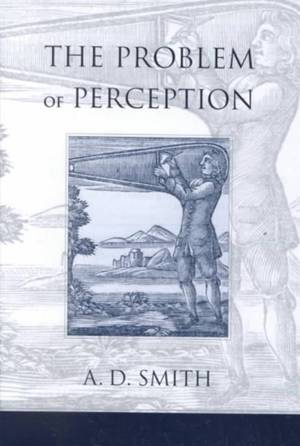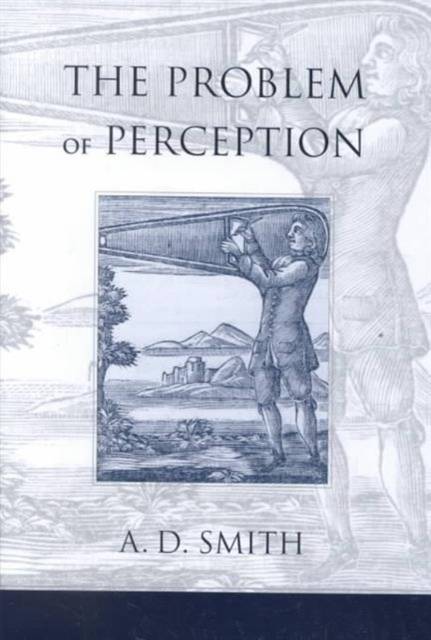
- Afhalen na 1 uur in een winkel met voorraad
- Gratis thuislevering in België vanaf € 30
- Ruim aanbod met 7 miljoen producten
- Afhalen na 1 uur in een winkel met voorraad
- Gratis thuislevering in België vanaf € 30
- Ruim aanbod met 7 miljoen producten
Zoeken
Omschrijving
In a major contribution to the theory of perception, A. D. Smith presents a truly original defense of direct realism--the view that in perception we are directly aware of things in the physical world.
The Problem of Perception offers two arguments against direct realism--one concerning illusion, and one concerning hallucination--that no current theory of perception can adequately rebut. Smith then develops a theory of perception that does succeed in answering these arguments; and because these arguments are the only two that present direct realism with serious problems arising from the nature of perception, direct realism emerges here for the first time as an ultimately tenable position within the philosophy of perception. At the heart of Smith's theory is a new way of drawing the distinction between perception and sensation, along with an unusual treatment of the nature of objects of hallucination. With in-depth reference to both the analytical and the phenomenological literature on perception, and with telling criticism of alternative views, Smith's groundbreaking work will be of value to philosophers of perception in both the analytical and the phenomenological tradition, as well as to psychologists of perception.Specificaties
Betrokkenen
- Auteur(s):
- Uitgeverij:
Inhoud
- Aantal bladzijden:
- 336
- Taal:
- Engels
Eigenschappen
- Productcode (EAN):
- 9780674008410
- Verschijningsdatum:
- 26/08/2002
- Uitvoering:
- Hardcover
- Formaat:
- Genaaid
- Afmetingen:
- 161 mm x 243 mm
- Gewicht:
- 639 g

Alleen bij Standaard Boekhandel
+ 329 punten op je klantenkaart van Standaard Boekhandel
Beoordelingen
We publiceren alleen reviews die voldoen aan de voorwaarden voor reviews. Bekijk onze voorwaarden voor reviews.











